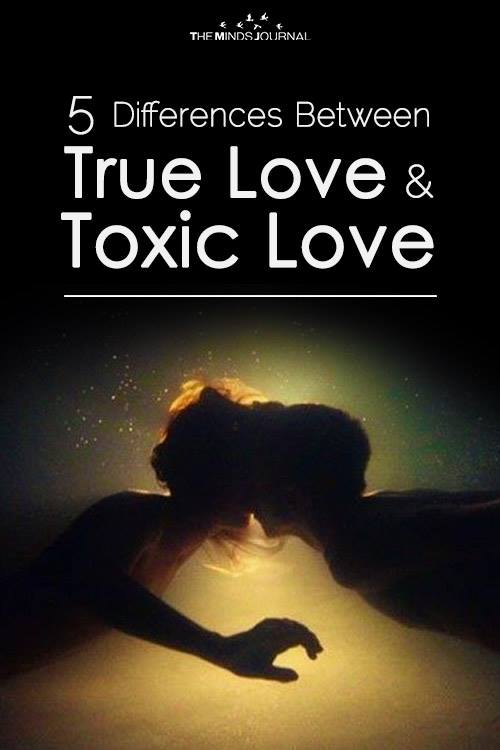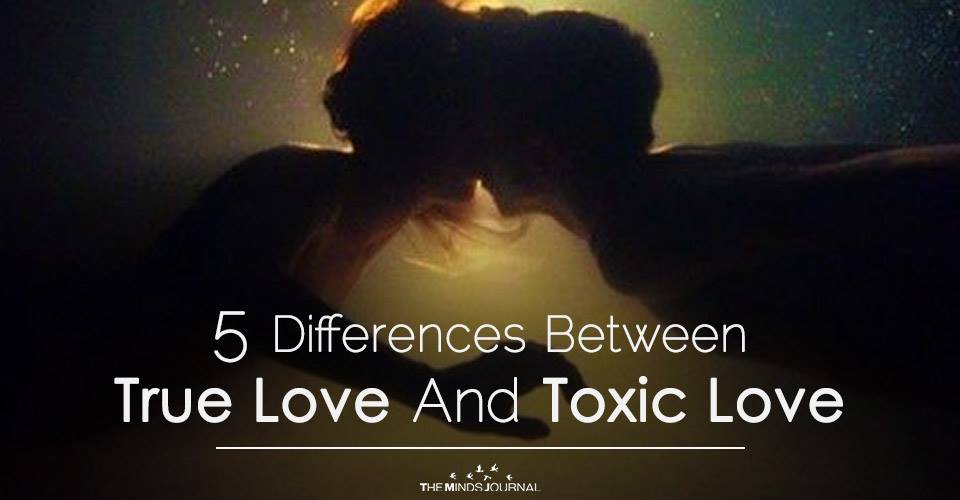Here are 5 differences between true love and toxic love.
People keep searching true love and when they get into a relationship things appear as if their dream of a real soulmate has got into reality.
But does everything goes absolutely as one desires?
Gradually the person you love turns out to be someone who is entirely different from the one you initially met. This is the time your ‘true love’ takes the form of a ‘toxic love’.
Read The Key Differences Between Love and Lust
Therefore, before getting into a relationship you should know actual meanings of true love and toxic love.
Let’s dive into 5 key differences between true love and toxic love.
1. Self Love vs Importance of relationship
In true love, the development of self is most important. Both parties should want the best for one another.
In toxic love, the primary focus is on the relationship itself, sometimes obsessing over how the two people involved interface.
2. Separate interest vs Codependency
In true love, there is comfort in separate interests. We can have our own friends and meaningful relationships outside of our romantic relationships. We can pursue interests and ideas without fear of reprimand.
In toxic love, there is total involvement in one another’s lives. One can’t go anywhere without the other. This is codependency.
3. Freedom vs tendency to change partner to a different individual
In true love, there’s no struggle in embracing the individuality of your partner. you accept your partner the way he/she is.
In toxic love, there is an extreme urge to change your partner into someone you’d rather be with instead of loving them for who they are.
Read Love, Lust, Or A Toxic Addiction? This Is How You Know
4. Mutual intimacy vs Forced Intimacy
In true love, intimacy is a free-flowing action growing from deep love, care, and affection. Respect dominates between the partners in true love.
In toxic love, Intimacy is something you feel pressured over due to fear, insecurity, and feeling as though you have to conform to the sexual desires of your partner.
5. Friendly conversation vs argumentative
In true love, the conversation is constructive. Each partner tries to understand the other’s emotions and feelings. Partners try to sort their differences by ‘talking’ in a polite and affectionate manner.
In toxic love, conversations are started with trivial arguments that finally gets converted into blame-shifting, being defensive and sheer manipulation.
What other differences do you think there are?









Leave a Reply
You must be logged in to post a comment.